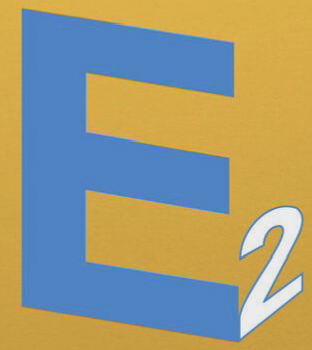Celebrate Learned Independence
The month of July is a time to celebrate our nation’s Independence Day. It is also the perfect time to celebrate “learned independence” – one of the guiding principles of our work at Essig Education Group. What is learned independence and how is it achieved?
Believe it or not, learned independence doesn’t mean doing it all yourself, or not asking for help. While many of us are familiar with the term “learned helplessness,” which refers to students who are so accustomed to having challenging tasks done for them that they stop trying, learned independence is all about finding that balance of things you can do on your own and knowing when and how to seek support. It is about adopting a growth mindset and finding resilience and empowerment through challenging tasks instead of shutting down.
As the term “learned” indicates, achieving independence doesn’t always come naturally. The good news is that it can be both explicitly taught and practiced. The process of learned independence can be broken down into three essential components:
1. Self-awareness. Another term for self-awareness is metacognition, which simply means thinking about…how you think! This includes understanding your own unique learning process. What are you good at? Where do you struggle? How do you learn best, and which supports are effective because they match your learning style?
2. Self-regulation. Self-regulation can refer to the social-emotional piece as well as executive functions. Does anxiety impact your ability to get things done? Do “big emotions” interfere with your motivation, or prevent you from responding to demands in an age-appropriate and socially acceptable way? Is ADHD affecting your ability to concentrate or stay on task? In addition to seeking therapeutic supports in these areas, incorporating mindfulness practices into your routine can help regulate your emotional state, while executive function coaching can help with strategies for time management, organization, and study skills.
3. Self-advocacy. Once you have begun to understand how you learn and what you need (self-awareness) and have practiced strategies to regulate your emotional reactiveness and pro-actively manage your time, organization, and study skills (self-regulation), the final piece tying it all together is self-advocacy. Self-advocacy is understanding what you need for success and being able to confidently ask for and make use of that support. Ironically then, one of the most important skills to have in order to achieve independence is being able to effectively ask for help when you need it!
While it’s never too late to begin the process of mastering learned independence, starting early lays the foundation for greater success in college and adulthood. In fact, in a 2018 article in the Journal of the New England Board of Education, Kathleen A. D’Alessio and Dorothy A. Osterholt state that “[the skill of self-advocacy] may be the most important foundational skill behind success in college.” They also note that “Even when practiced in a postsecondary environment of inclusivity, accessibility, approachability and collaboration, students who learn differently struggle with self-advocacy,” further emphasizing the importance of developing these skills prior to heading off to college. (D’Alessio, K. and Osterholt, D. (2018) Cultivating Self-Advocacy for All Students on College Campuses https://nebhe.org/journal/cultivating-self-advocacy-for-all-students-on-college-campuses/)
As part of your Independence Day celebrations, we encourage you to reflect upon the skills you may need to develop to achieve your own learned independence. Essig Education Group is here to help on the journey, with Executive Function Coaching services and courses for grades K-12, College Transition, College Intensive, and Adults. Find out more at https://www.essigeducationgroup.com/executive-function-coaching.
